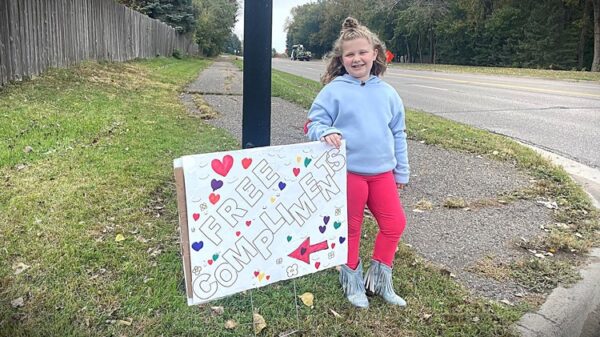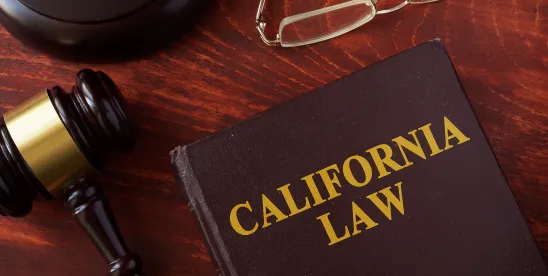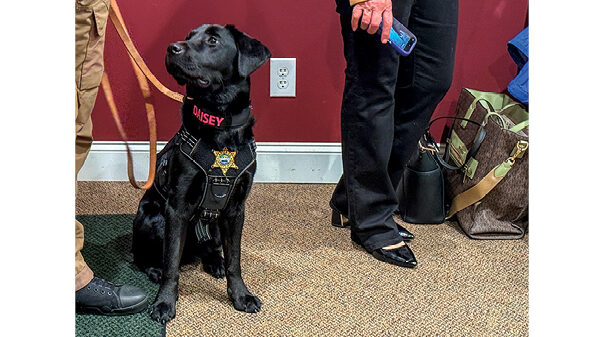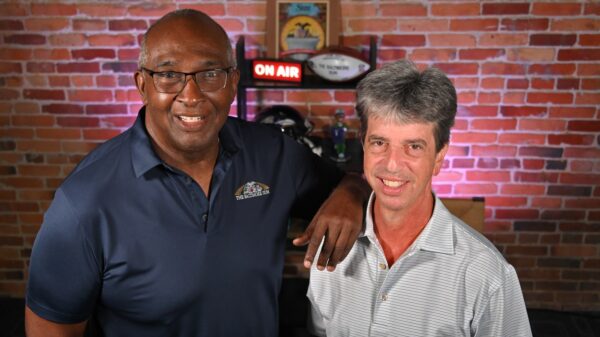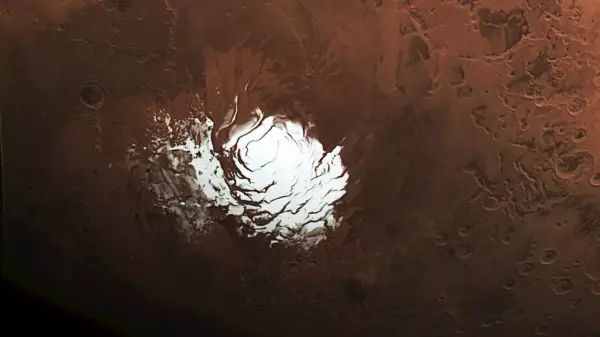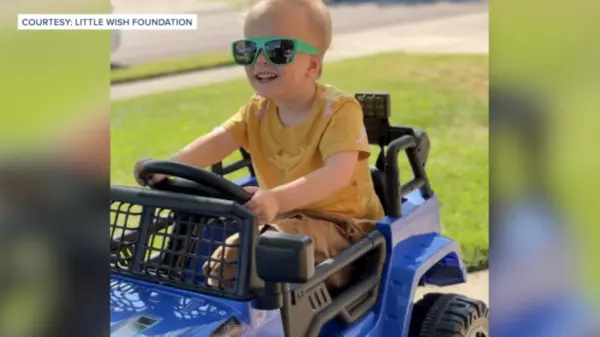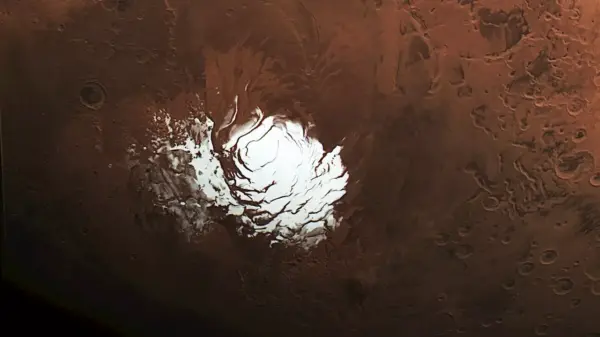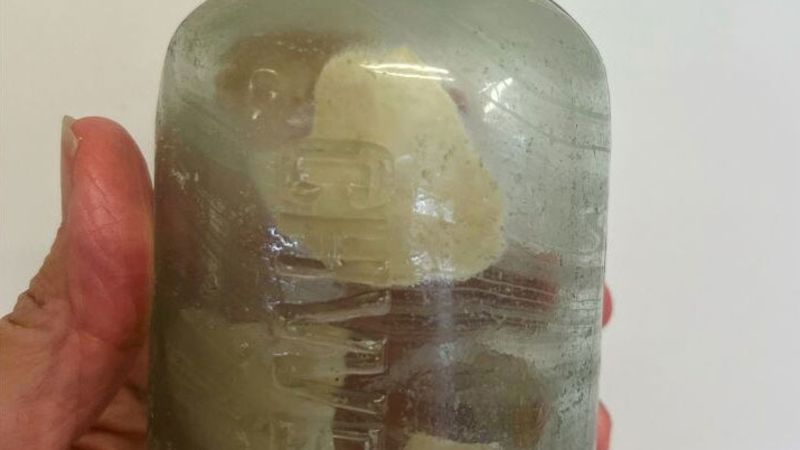Messages in a bottle, penned by two Australian soldiers during their journey to the battlefields of World War I, have been discovered more than a century later on the coast of Australia. The remarkable find occurred on October 9, 2023, when the Brown family stumbled upon a Schweppes-brand bottle at Wharton Beach near Esperance, Western Australia.
Deb Brown, who was part of the family expedition to clear litter from the beach, described the moment of discovery. “We do a lot of cleaning up on our beaches and so would never go past a piece of rubbish. So this little bottle was lying there waiting to be picked up,” she stated.
Inside the bottle were cheerful letters written in pencil by Privates Malcolm Neville, 27, and William Harley, 37, dated August 15, 1916. Their troop ship, the HMAT A70 Ballarat, had departed from the South Australian capital of Adelaide on August 12, 1916, bound for Europe’s Western Front where they would reinforce the 48th Australian Infantry Battalion.
Unfortunately, Neville was killed in action a year later, while Harley survived the war despite being wounded twice. Harley later died in Adelaide in 1934, with his family attributing his health issues to being gassed by German forces during combat.
The letters reflect the soldiers’ experiences aboard the ship. Neville requested that the finder deliver his message to his mother, Robertina Neville, in Wilkawatt, South Australia, now largely deserted. Harley, whose mother had died by 1916, expressed that the finder could keep his note. In his letter, Neville mentioned he was “having a real good time,” noting that the food was satisfactory, “with the exception of one meal which we buried at sea.”
The two men were aboard a ship described as “heaving and rolling,” but Neville reassured his mother with the phrase, “we are as happy as Larry,” a colloquial expression of contentment. Harley referenced their location as “Somewhere in the Bight,” indicating the Great Australian Bight, a vast bay stretching from Adelaide to Esperance.
Deb Brown speculates that the bottle likely did not travel far. It may have remained buried in the sand dunes for over a century, only to be exposed due to significant erosion at Wharton Beach caused by recent large swells. Despite being wet, the letters inside remained legible, allowing Brown to notify the soldiers’ relatives of the significant find.
The bottle itself, described by Brown as being in “pristine condition,” showed no signs of barnacle growth, suggesting it had not spent long at sea. “If it had been exposed for that long, the paper would’ve disintegrated from the sun. We wouldn’t have been able to read it,” she explained.
The discovery has left the families of both soldiers awestruck. Ann Turner, Harley’s granddaughter, expressed her family’s astonishment: “We just can’t believe it. It really does feel like a miracle, and we do very much feel like our grandfather has reached out for us from the grave.”
Herbie Neville, the great-nephew of Malcolm, shared how the find has united his family. “It sounds as though he was pretty happy to go to the war. It’s just so sad what happened. It’s so sad that he lost his life,” he remarked, adding with pride, “Wow. What a man he was.”
This extraordinary discovery not only offers a glimpse into the lives of soldiers during World War I but also serves as a poignant reminder of the personal sacrifices made during one of history’s most challenging periods.









